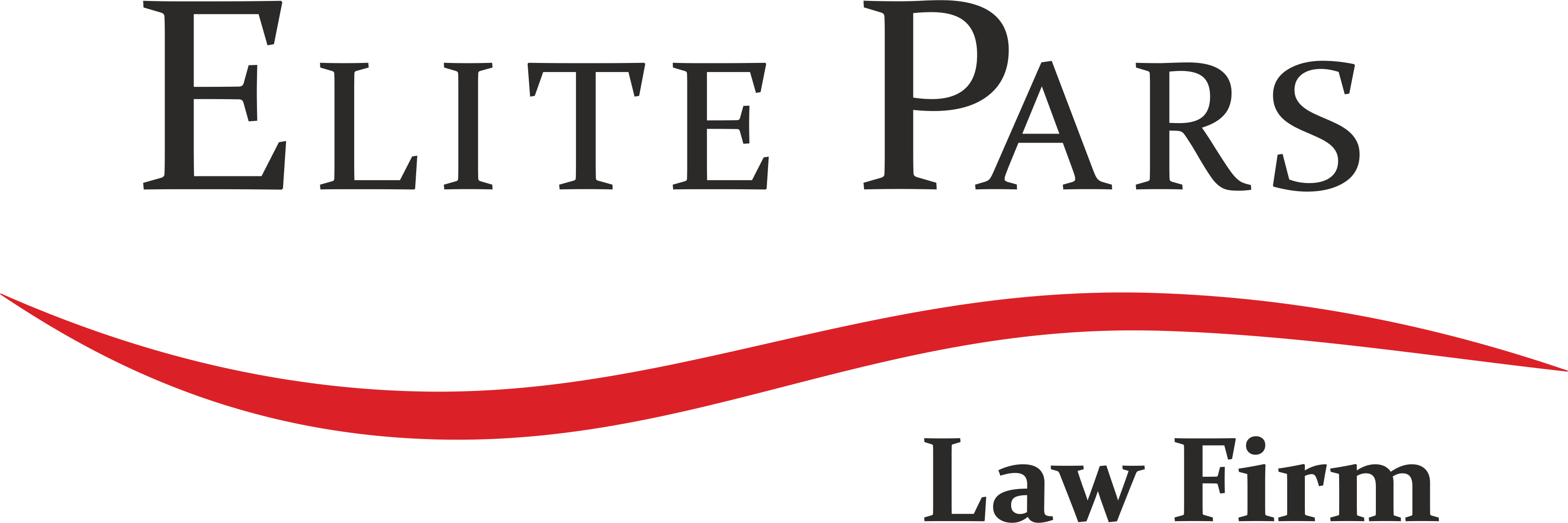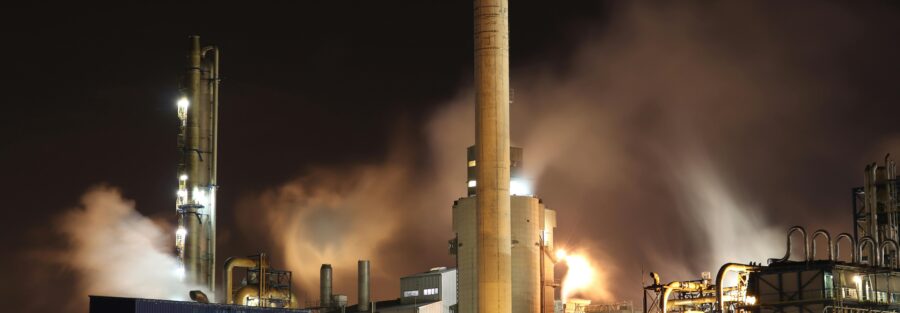At the National Conference on Transformation in Investment and Development of Iran’s Upstream Oil and Gas Industry in April 2025, Iran announced transformative reforms to make its oil and gas sector more attractive to foreign investors. These changes, aligned with the Seventh National Development Plan (2023-2028), address barriers like low profitability and bureaucratic delays, positioning Iran as a competitive destination for foreign investment in oil and gas.
Iran’s Economic Council has introduced a comprehensive resolution to revitalize the nation’s oil and gas industry, targeting $130 billion in domestic and foreign investment. The initiative focuses on enhancing investor returns, streamlining bureaucratic processes, and improving transparency in oil and gas projects.
To compete regionally, Iran has increased the internal rate of return (IRR) for oil and gas projects from 14-15% to an attractive 20-23%. This adjustment, likely tied to revised fiscal terms in Iran Petroleum Contracts (IPCs), improves cash flow timelines and profit-sharing mechanisms, making Iran a compelling choice for international oil and gas investors.
The government has introduced tax exemptions for projects in underdeveloped regions like South Pars and West Karun. These incentives, potentially spanning 10 years, are tied to local employment and technology-transfer criteria, encouraging regional development and reducing import dependency. Investors must comply with localization rules, requiring early partnerships with Iranian joint ventures or local firms.
Bureaucratic reforms are a cornerstone of the initiative. Contract negotiation timelines have been reduced from 12–18 months to a maximum of four months, while Economic Council approvals for tender exemptions or project clearances are now capped at one month. These changes aim to accelerate oil and gas project timelines and enhance investor confidence.
To promote transparency in oil and gas production, the Ministry of Industry will clarify guidelines for local equipment sourcing. A public registry of certified suppliers, set to launch in 2025, will assist investors in meeting localization requirements. Additionally, a unique incentive allows investors to claim excess earnings from innovations that accelerate project timelines or reduce environmental impact.




